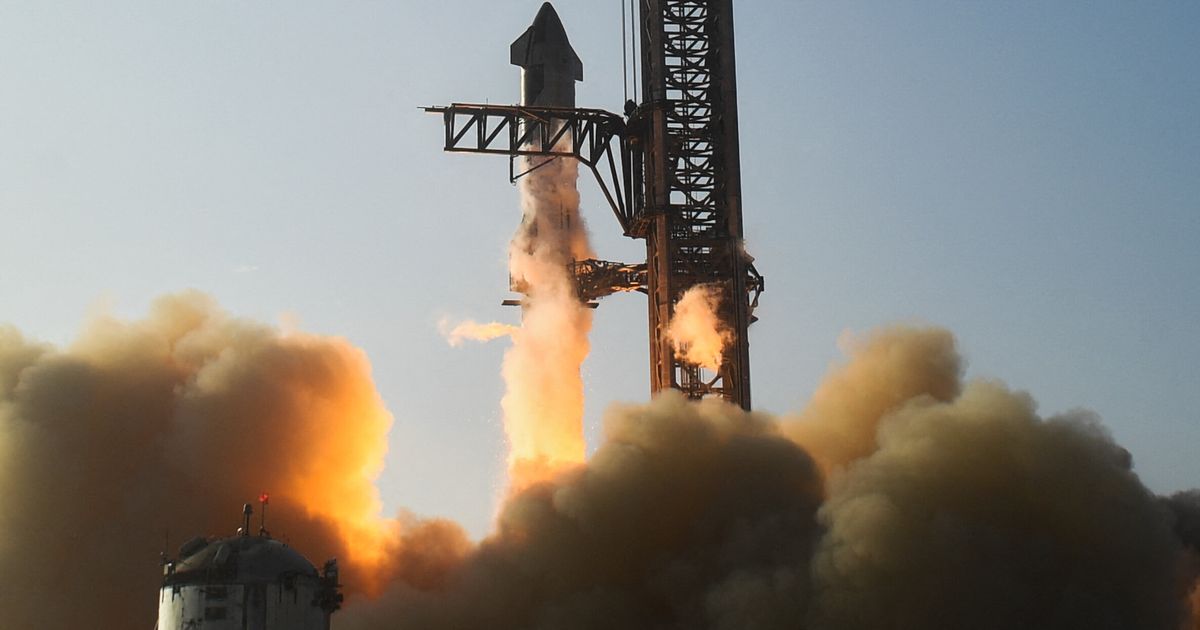The Federal Aviation Administration (FAA), which oversees the SpaceX Starship program, is being sued by several US conservation groups for failing to do enough to protect the planet. The lawsuit comes after the explosion of the world’s largest rocket on its first integrated flight, just four minutes after it launched from Boca Chica in Texas on April 20, 2019. According to the Center for Biological Diversity, which filed the lawsuit, the launch site is located next to a habitat that is vital for species such as the Kemp’s ridley turtle and the piping pluover bird. SpaceX received a five-year license to launch up to 20 Starships per year. Elon Musk was required to hire a biologist to monitor vegetation and wildlife, and to conduct a survey before and after the launch. Conservation groups say that these mitigation measures do not go far enough and are calling for an environmental review.
The lawsuit also includes the Indigenous group Carrizo/Comecrudo, as Boca Chica Beach closures adversely impact their ability to conduct traditional ceremonies on their sacred land. According to the US Fish and Wildlife Service, the test flight ignited a fire that covered approximately 3.5 acres (1.55 hectares) of land in Boca Chica State Park south of the launchpad. The agency did add that no dead animals or birds have yet been discovered on refuge owned or managed land. The FAA is yet to make a comment about the lawsuit.
In a recent statement, Jared Margolis – a senior lawyer at the CBD – said that it was vital to protect Earth’s life as we move into the modern age of spaceflight. “Federal officials must defend wildlife and communities in frontlines, not give corporate interests a free pass who want to dump space waste on coastal landscapes that are of great value.”
Elon Musk, SpaceX’s founder and CEO, responded to the explosion by stating that the rocket prototype experienced an engine problem during landing. SpaceX has conducted a successful test of a new Starship prototype since then, but has not commented about the lawsuit.









































